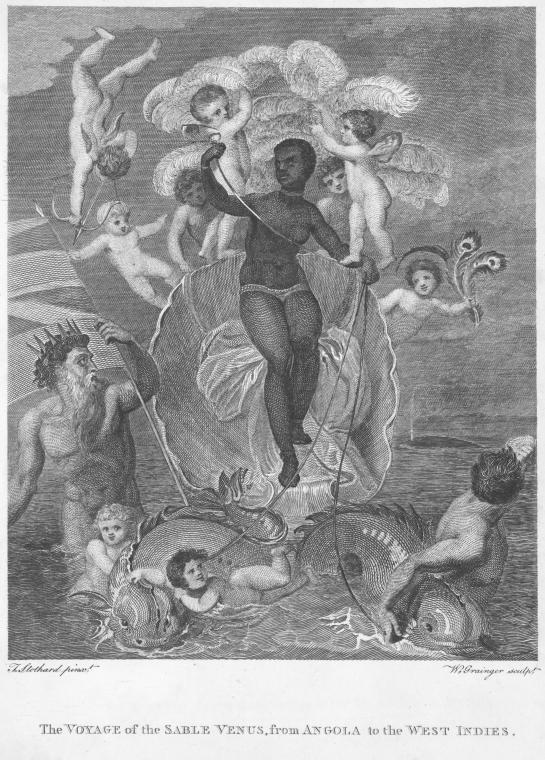
Tales of Gor (Postmortem Studios, 2017) is the licensed tabletop role-playing game adaptation of John Norman’s notorious Gor series of sword-and-sorcery novels, written by James “Grim” Desborough and illustrated by Michael Manning. Gor is notorious for heavy themes of slavery, sadomasochism, male dominance and female submission, and for long philosophical digressions justifying those themes. Since 1966, there have been more than 30 novels published in the series. The series has inspired a strong cult following, including a small branch of BDSM culture devoted to Gorean style slavery, both in real life and online in Second Life.
Continue reading »


